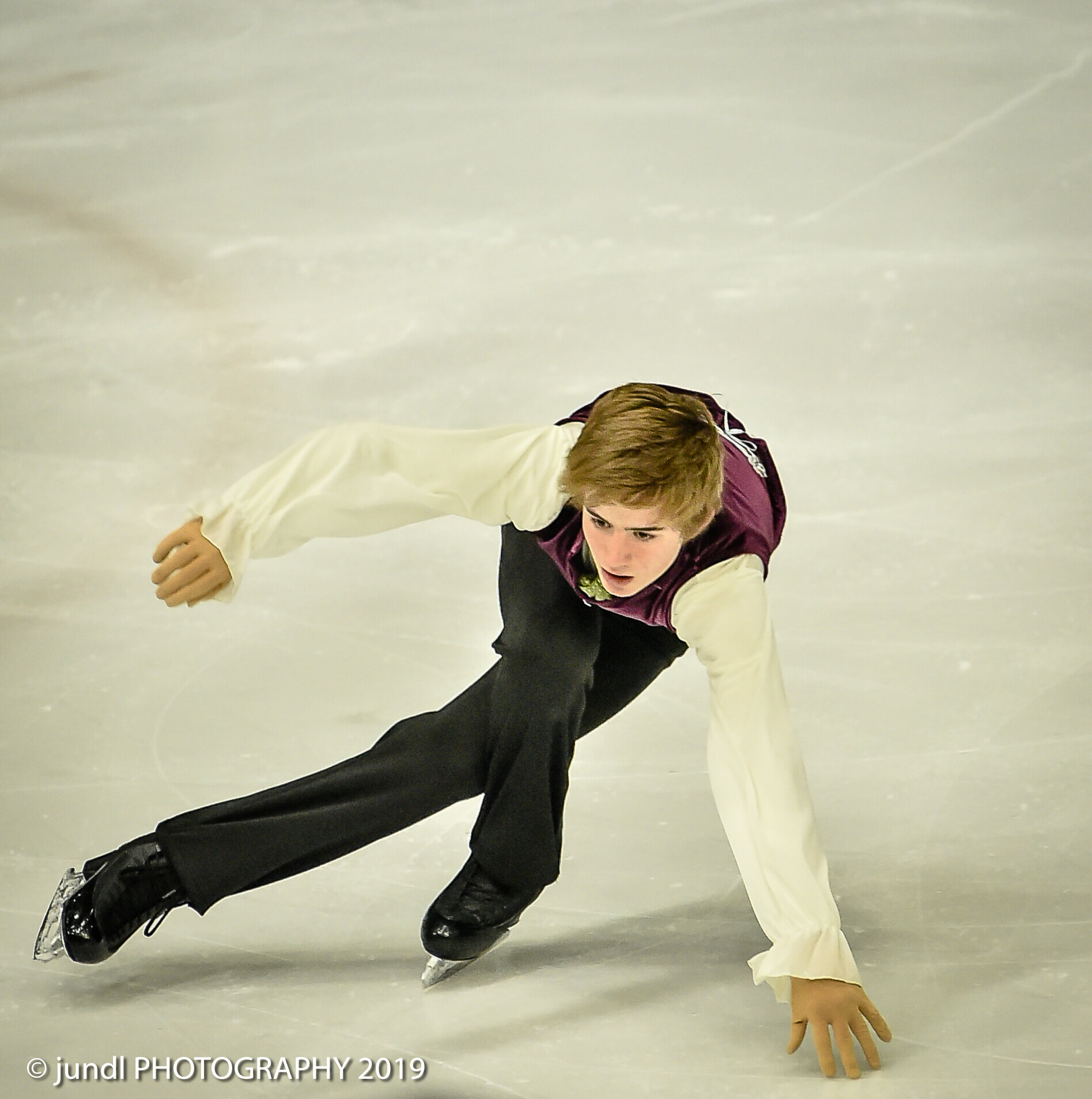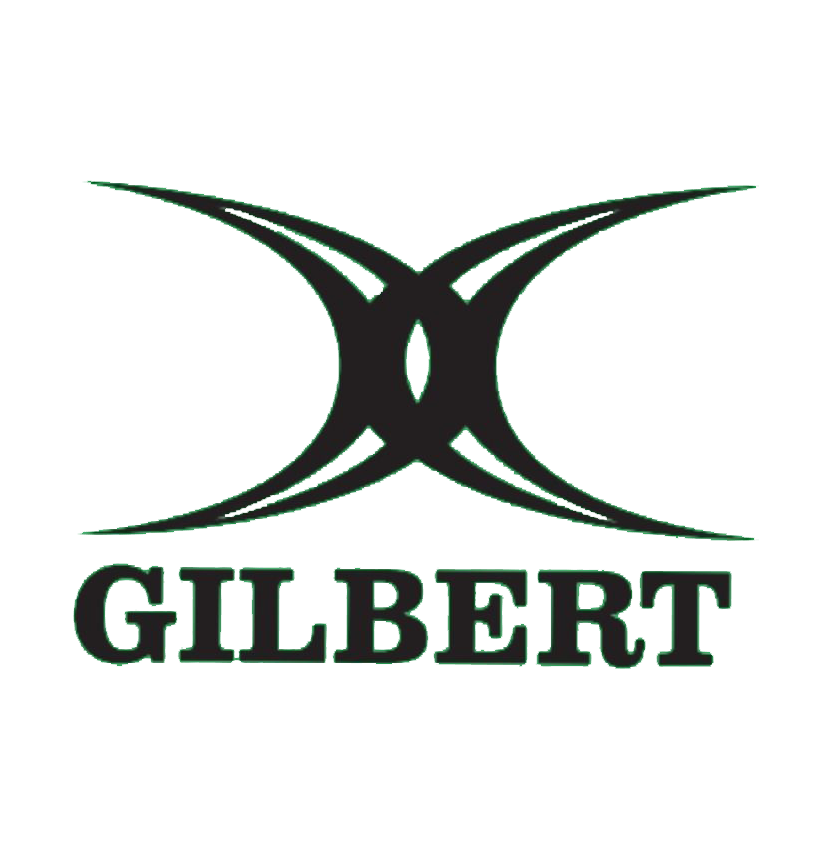Ice Skating
Ice skating is always enjoyed at this time of the year and outside ice rinks often appear at Christmas events and shopping centres.
However, it’s a great sport to enjoy all year round and there are lots of different parts to the sport….
speed skating
ice hockey
See our ice hockey article here
synchronised skating
And figure skating
which is the area we are talking about in this article.
To find the best way to get started with ice skating visit https://www.iceskating.org.uk/learn-to-skate
Always look out for the SkateUK programmes as these are run by British Ice Skating qualified coaches.
Figure Skating
For this month’s article on ice skating we spoke to junior figure skater Edward Appleby about how he started skating and what his typical week looks like.
Ed is still at school and so he needs to make sure he keeps studying as well as training especially as he is about to take his GCSE’s!
Ed’s typical week…
Typically I train six days each week.
Mondays, Tuesdays and Thursdays
On weekdays I train on-ice at Sapphire Ice & Leisure (Romford) during evening sessions on Mondays, Tuesdays and Thursdays, leaving directly from school and heading to the rink where I warm-up off-ice, then train for a couple of hours, including some lesson time with my Coach. This means that I take a packed lunch to school and sometimes have an early dinner on my way to the rink, as it can be late by the time I return home.
Wednesdays
On Wednesdays I usually train on-ice for a couple of hours in the morning, including lesson-time with my Coach, and in the evening I do some off-ice training via Zoom. So, generally, my weekday evenings are busy with training activities and sometimes I need to catch-up with homework or revision in the mornings before heading-off to school.
Fridays
Fridays are usually my rest-day and I try to get-ahead with homework for the following week, when I return home from school, or plan when I will complete it.
Saturdays and Sundays
Saturdays and Sundays are also on-ice training days, which means I get up around 4 a.m., have some cereal as usual, then leave my home around 4:45a.m. to reach my training rink by 6 a.m.
After a warm-up off-ice, I'll head into the rink for the start of the on-ice session at 6:30 a.m. I spend a couple of hours at the rink on these morning sessions, dividing my time between lessons with my Coach and practice. As I train until 8:30 a.m., it's usually about 10 o'clock when I arrive back home, which gives me free-time for hobbies and other activities and another opportunity to complete anything I need to for the school-week ahead (particularly as I'm in my GCSE year and we have ongoing assessments at the moment).
On Sundays mornings I also join another off-ice Zoom strength and conditioning class, when I return from on-ice training.
During the lockdown periods it has been really important to maintain regular off-ice training and, as for the first lockdown, I have increased the number of off-ice training sessions at the moment. I also try to go out for a run on mornings before school, if I am not training, otherwise on evenings when I don't train or at the weekend.
When did you first start skating?
I started skating in 2009, when I was 4 years old, joining a Skate UK course at my local rink: My sister had begun skating lessons the previous Autumn and my brother joined a couple of months later.
When did you skate in your first competition?
During the Grade classes, I started to have individual lessons and, having passed Gold level, I was ready to compete at my first event, as a Beginner, in 2011.
Why figure skating?
I love the challenges of mastering new skills and technical elements and I enjoy developing programmes to compete at national and international events.
Did you quickly move on to bigger competitions?
In 2015, when I was 10 years old, I was selected to compete in my first international event (in Paris), going on to place first the following year in the ISU Open D' Andorra in 2016 (at Advanced Novice Level), the year in which I also became the British Advanced Novice Men's Champion.
When you were old enough, what was the next competition level?
In the 2018/19 Season, I was selected to compete at my first Junior Grand Prix event in 2018, and I went on to qualify to compete at the ISU World Junior Figure Skating Championships held in Zagreb in 2019, when I became age-eligible to compete at this level internationally.
Later that year I became the British Junior Men's Champion (aged 14).
Did you compete this year before lockdown?
I was selected to represent GBR at the World Junior Figure Skating Championships, held earlier this year in Tallinn, which turned out to be my final event of last Season due to the pandemic restrictions that followed.
With thanks to Skating ISU for the use of videos in this article.
































